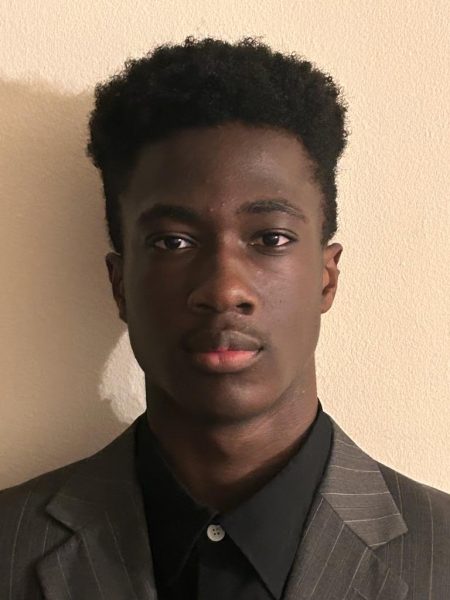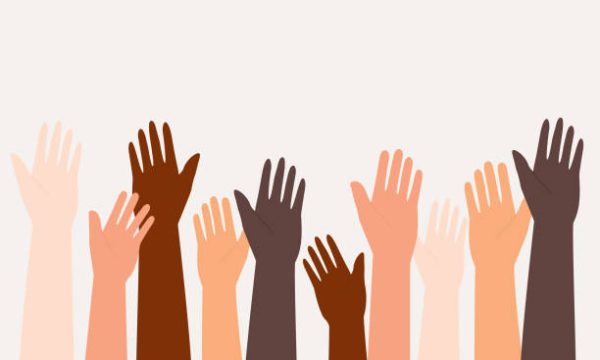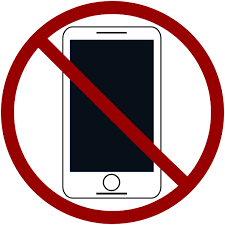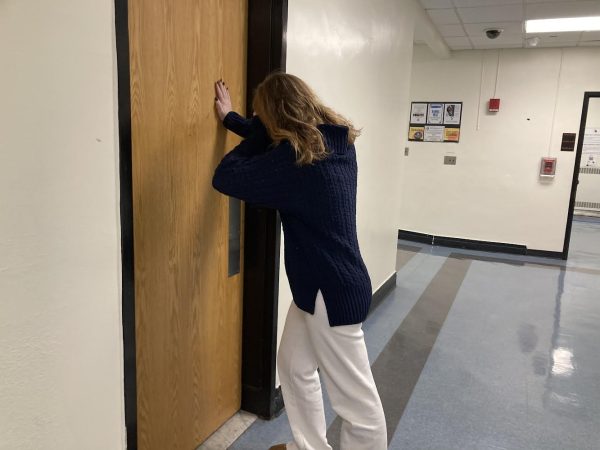Wearing Masks: Not a Political Issue
January 6, 2021
Despite being around for more than a year, the coronavirus remains active in US with no signs of going away anytime soon This worsening situation requires that we continue to practice basic safety measures, which entails wearing masks, washing hands and social distancing. People have had a variety of reactions to these restrictions with some continuing to take precautions and others refusing. Although this is not surprising, I am astonished by the fact these restrictions have become a heated political issue. Generally, Democrats largely support governmental regulations, and Republicans strongly oppose them. With this threat still being largely present, we have to do all we can to keep ourselves, our loved ones, and the general public safe, even if it is bothersome. How did something like this become a debated issue?
A majority of people who don’t want to wear masks argue that it’s a violation of their rights, specifically those outlined in the First Amendment of the US Constitution. This amendment concerns a person’s constitutional right to liberty, and the decisions that one is allowed to make about their own body. As stated in the Constitution, every person has the right to “life, liberty, and the pursuit of happiness.” Constitutional rights are held as long as the exercise of rights doesn’t infringe on other’s rights or the public. The regulations such as wearing a mask, washing hands frequently, and the distancing rule are to protect the right to life for all people. I believe that rather than imposing on their freedoms, the government is protecting our rights.
An article by The Conversation took a closer look at the Constitution and determined that mask regulations do not violate any of its freedoms, saying, “All constitutional rights are subject to the government’s authority to protect the health, safety and welfare of the community. This authority is called the ‘police power.’” The police power doctrine in the Tenth Amendment holds that our rights are conditional. It explains that “our exercise of rights must not endanger others (and in so doing violate their rights) or the public welfare.” An example where the government has the power to regulate someone’s constitutional rights is driving; police have the power to pull you over and give you a ticket if applicable. They can do this because it is unsafe for not only the person driving but others on the road as well.
Wearing a mask does not infringe on people’s right to speech, press, or assembly, or on the right to petition. People’s speech can still be heard through a mask, they still have press and they can still assemble although it should be at least six feet apart to properly socially distance. Even so, this issue is independent of the masks.
Face masks have been proven to decrease disease spread rates and therefore save lives. The World Health Organization and the U.S. Center for Disease Control and Prevention both advocate the wearing of masks to prevent the spread of COVID-19. Although there are many types of masks, not all are the same in terms of effectiveness. The CDC recommends that cloth face masks, which can trap droplets from the mouth and nose of the wearer, be worn in public to prevent the upsurge of the virus. These masks are largely sold and reusable (only needing to be washed after each use). Disposable surgical masks, according to the Mayo Clinic, may be helpful in a public setting, but they have not been approved by the FDA to protect against COVID-19. N95 masks offer the best protection from COVID-19, but do not prevent the wearer from spreading it. Therefore, they are not the best for public use. In addition to wearing masks correctly, the CDC recommends frequent hand washing, avoiding close contact with others, disinfecting surfaces, and covering coughs and sneezes as a way of protecting yourself and others.
A piece of cloth, when worn correctly over your mouth and nose, can save many lives and prevent further escalation of the pandemic. Cloth face masks are inexpensive, easy to wash, and only mildly annoying to wear. Although the mask can get heated with a wearer’s breath after a while and can steam up glasses, it protects our families and loved ones so these small nuisances are worth it. Not all heroes wear capes, we can fight this together and prevent the spread of COVID-19.












